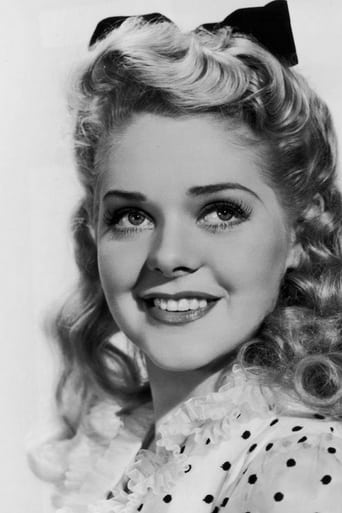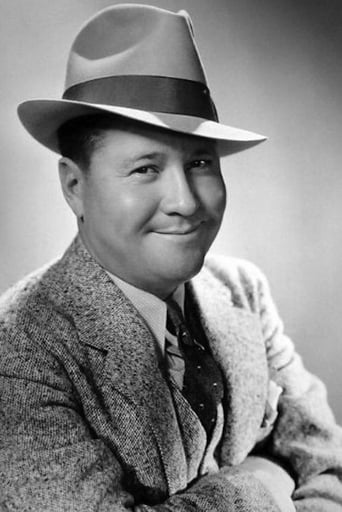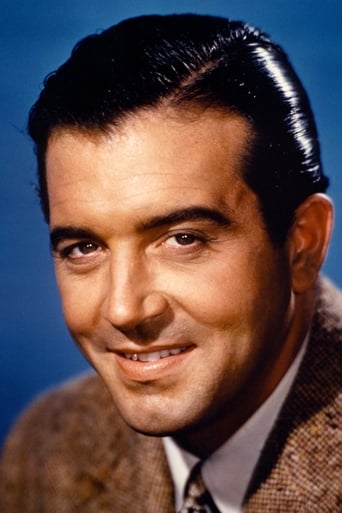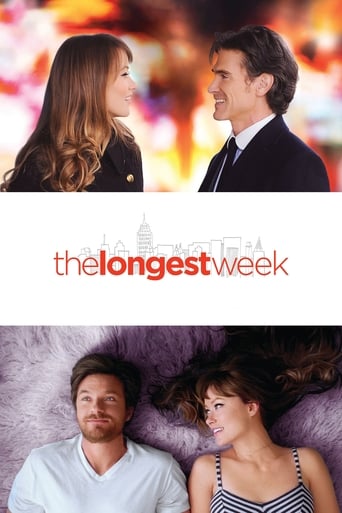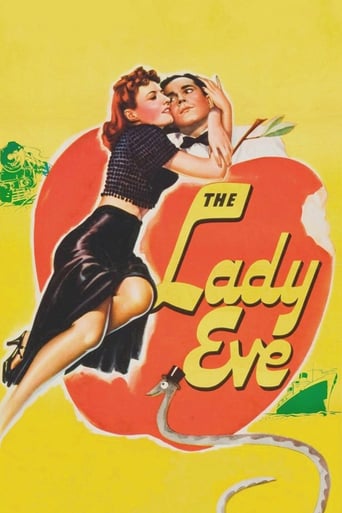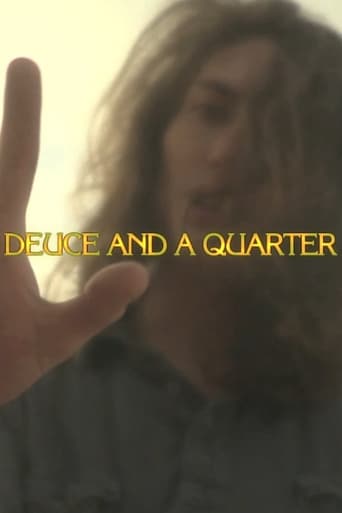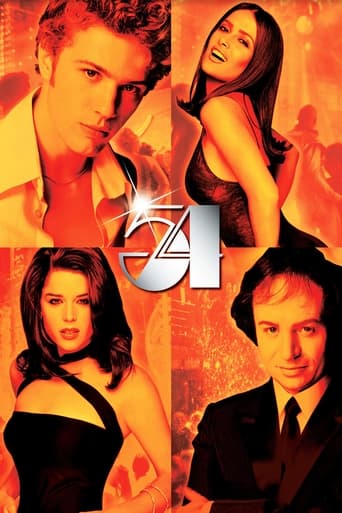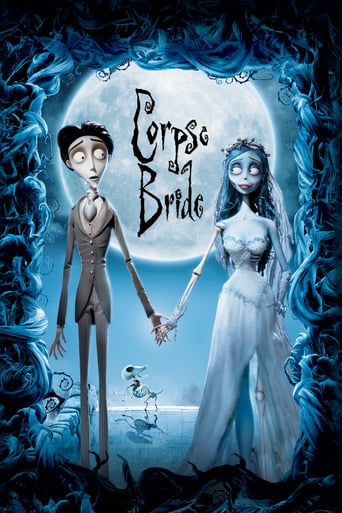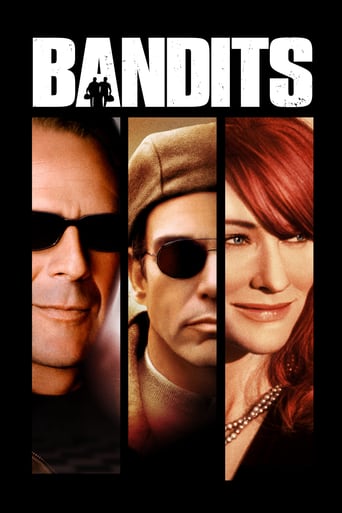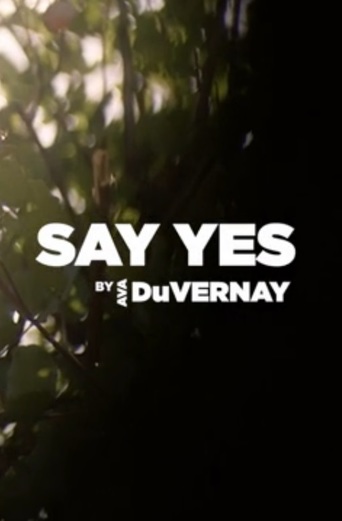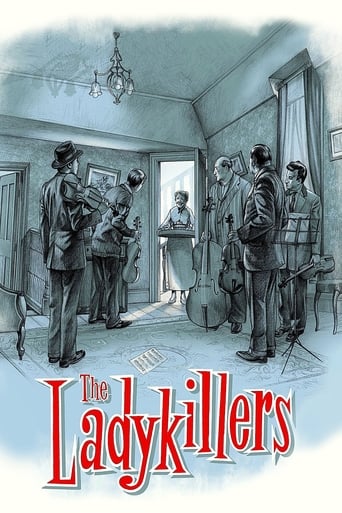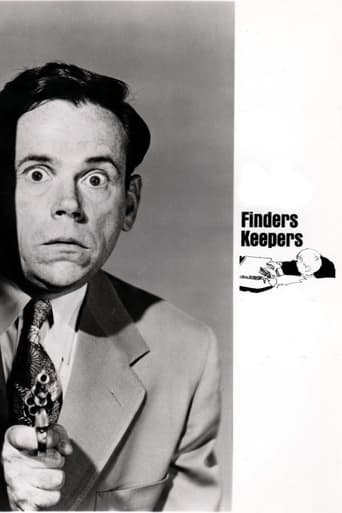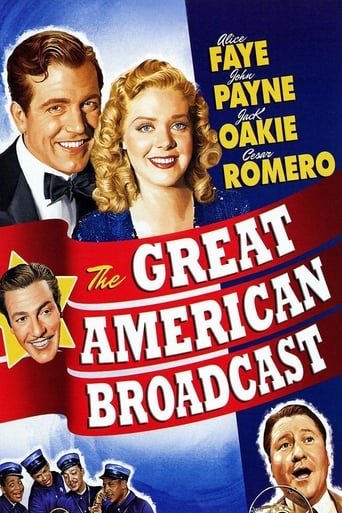
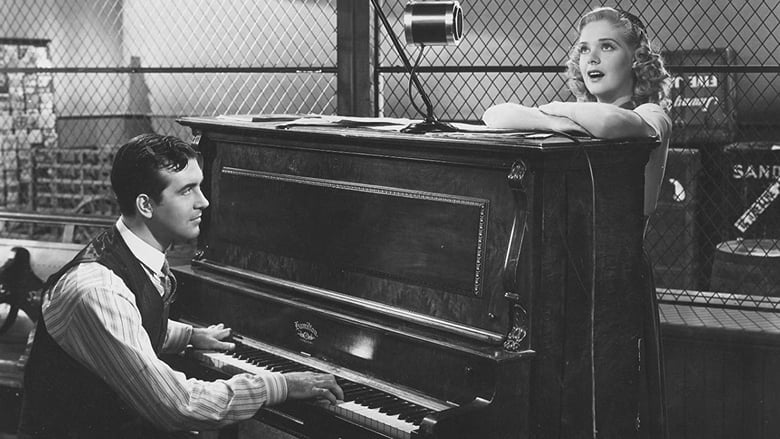
The Great American Broadcast (1941)
After WWI two men go into radio. Failure leads the wife of one to borrow money from another; she goes on, after separation, to stardom. A coast-to-coast radio program is set up to bring everyone back together.
Watch Trailer
Cast


Similar titles
Reviews
To me, this movie is perfection.
Thanks for the memories!
It's easily one of the freshest, sharpest and most enjoyable films of this year.
All of these films share one commonality, that being a kind of emotional center that humanizes a cast of monsters.
many of the acts on the radio were VISUAL acts--the Ink Spots dancing, the violinists' antics, etc.The film begins with John Payne punching people and being rather nasty--and he continues like that throughout the film. It turns out he's a man of vision--but one who is perennially angry. He hits upon yet another scheme to make a fortune when he meets Jack Oakie--a guy who LOVES early radio. Payne gets the great idea of creating a radio station--one that is paid for by sponsors. It's rocky going at first but soon he's created a network of stations--and he ends up taking Oakie's girl (Alice Faye). However, the marriage is a mess--as Payne is, in many ways, a pain--and Faye has had enough. Can their love somehow prevail? Can they manage to survive despite a meanie's (Cesar Romero) desire to crush them? The bottom line is that this is yet another clichéd film involving a long-suffering woman in a troubled relationship with a butt-head. And you know that even when Faye is talking about divorce, they STILL will be together when the film ends. But, frankly, I saw no reason for her to stand by her man--he was annoying from start to finish.Now in addition to my talking about the plot, I must mention a HUGE problem with this film. While it is supposed to be a pseudo-history of the radio industry, the acts they have in the film often make no sense at all. In one case, a singing group then starts dancing (the Nicholas Brothers). It's impressive dancing, but how can the audience at home SEE this when they are listening to them on the radio?! In another, there are LOTS of comic antics by three violinists. BUT, their humor is all physical--so how can the audience at home possibly know what's happening?!? This sort of insanity occurs throughout the film. And, while these routines are very good, they just make no sense in a history of radio! It's sloppy and silly at the same time. Overall, while the song and dance numbers are nice, the plot and radio idea are poor and make for a weak film--one of the weaker ones in Faye's career.
Alice Faye, John Payne, Jack Oakie, and Cesar Romero are part of "The Great American Broadcast," a 1941 20th Century Fox musical about the beginning of radio broadcasting. It's complete fiction, of course, but peppered with some wonderful singing by Faye and the Ink Spots, magnificent dancing by the Nicholas Brothers, and some good comedy bits by the Wiere Brothers.Payne and Oakie play partners in a radio venture, financed by Romero. They're both in love with the pretty Faye. You've seen this plot a million times.This is worth seeing for the cast. Romero is very elegant as the money man, Chuck, Payne is handsome and sings well, and Oakie is extremely likable. Besides the specialty numbers, there is footage of the Dempsey-Willard fight in 1919.The older folks will especially love this one.
Few middle-aged people now even remember the waning days of big time network radio, much less its prime time from the late 1920s to the mid 50s. When I first became aware of radio, about 1930, the networks had been operating for some time. Nothing in this movie would tell me how long. The signals were, indeed, carried over telephone lines. In fact, by the late 30s, at least, telephone cables consisting of thousands of wires in a lead sheath carried larger gauge wires in the center to provide a cleaner signal for radio transmission. Broadcasts originated mostly in New York, with quite a few from California, some from Chicago, and a few from other places around the country -- like Nashville. If it was necessary to switch the feed from, say, New York to Hollywood for a special interview, it took about 5 seconds for the phone lines to be reconnected in the opposite direction. It was a fun time, that this movie pretends to have invented. When it originated, the people -- broadcasters and listeners -- must have been fully as excited about it as the movie depicts.The plot of the story is one we've seen in at least a dozen films: boy steals friend's girl; friend and girl succeed big in some enterprise, boy, left out, becomes jealous and disappears; boy turns up just in time to observe girl's ultimate triumph. The enterprise may be a business, a farm, or a mine, but more commonly it's an act or dramatic career. The story is always stupid, and this film is no exception.Still, the music featuring Alice Faye, a couple of numbers by the Ink Spots, the hilarious Wiere Brothers, and the incomparable Nicholas Brothers, and even John Payne in one of his early singing roles, makes for eminently watchable entertainment, with the bit of questionable broadcast history thrown in for good measure. Despite the too familiar plot, it's far better than the average musical of the 30s through 50s. I loved it enough to save the recording I made off the cable 15 years ago, and liked it just as much when I dug up the tape this week.
While it is almost impossible to bypass the beauty of Alice Faye, I wish to mention that the plot of this cute fluff pic contains an interesting idea: hook up radio stations in a coast-to-coast network via the telephone. One hears so many arguments (political and otherwise) about "Who Invented the Internet?" It's easy to forget our honorable ancestors in the early days of Radio (when that name drew enough awe to have SciFi and even strange Westerns use it as a buzzword). The idea of telephone hookups apparently gave audiences a thrill.


